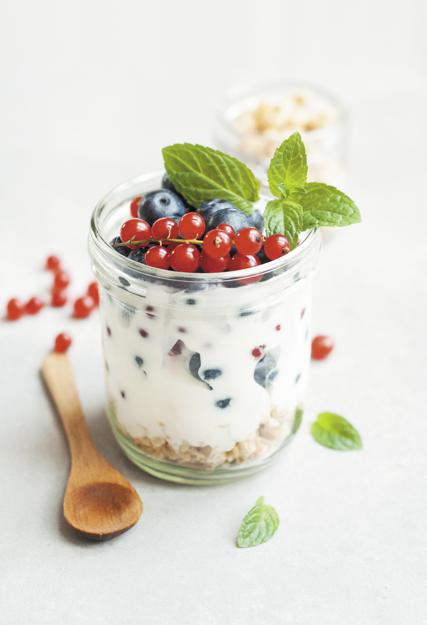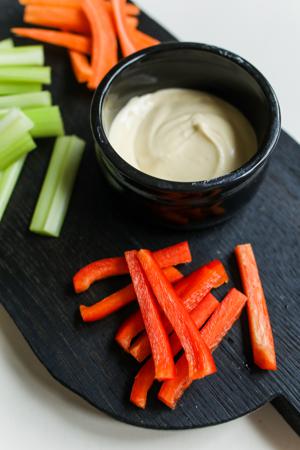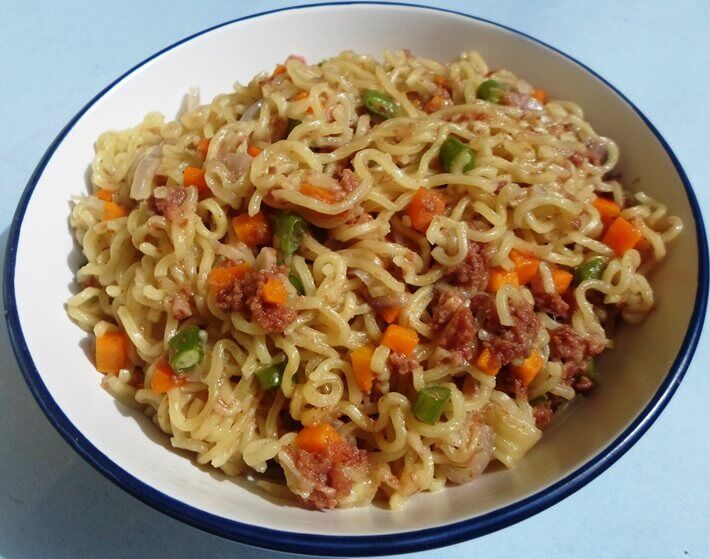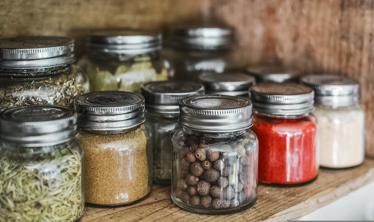Foods For Better Sleep: Promoting Rest And Relaxation
Getting a good night’s sleep is essential for our mental and physical health. Unfortunately, many of us struggle with insomnia and other sleep disturbances.
In this blog, we’ll explore how the right foods can help promote rest and relaxation and help you drift off to a peaceful slumber.
Benefits of healthy eating for improved sleep

Eating healthy is an important part of leading a balanced lifestyle. And while many people know it can help you maintain a healthy weight, few realize that it can also have a positive impact on your sleep.
From whole grains to dairy, there are many foods that can help you drift off to dreamland and get the rest you need.
Foods that help promote sleep

Getting a good night’s sleep can be a challenge, especially in this busy, stressful world. But did you know that certain foods can help promote sleep and relaxation?
From bananas to almonds to chamomile tea, there are plenty of foods that can help you wind down and drift off into dreamland. So if you’re having trouble sleeping, try adding these delicious foods to your night-time routine and get ready to relax your way into a peaceful night’s sleep.
Foods to avoid to improve sleep

A good night’s sleep is essential for a healthy lifestyle. But, did you know that the foods you eat can have a big impact on how well you sleep?
To ensure you get the best sleep possible, it’s important to be mindful of the foods you eat before bed. From sugary treats to caffeine-filled drinks, here are some of the foods to avoid to improve your sleep.
Sugary snacks are a major culprit when it comes to poor sleep. Eating something sweet before bed can cause your blood sugar to spike, leading to restlessness and disruption. For this reason, it’s best to avoid sugary treats and opt for a healthier snack.
Caffeinated beverages like coffee, tea, and energy drinks should also be avoided in the evening. Caffeine is a stimulant that can make it difficult to fall asleep and stay asleep.
Try to avoid drinking coffee after 3 pm, and opt for decaf or herbal tea instead. Alcohol can also have a negative effect on your sleep. While it may seem like a glass of wine or beer can help you relax, it can actually disrupt your sleep later in the night. Alcohol increases the chances of waking up during the night and can cause difficulty falling back asleep. Finally, large meals should be avoided close to bedtime. Eating a heavy meal can cause indigestion and keep you awake. It’s best to eat your last meal at least two to three hours before bedtime. By avoiding these foods and drinks, you can help ensure a better night’s rest. So, next time you’re looking to promote rest and relaxation, think twice before indulging in certain foods and beverages.
Preparing a sleep-promoting meal plan

When it comes to getting a good night’s sleep, what you eat can make a big difference! A sleep-promoting meal plan is essential for ensuring that your body has the rest and relaxation it needs to stay healthy and alert. By incorporating the right foods into your diet, you can promote restful sleep and help your body repair itself.
Foods like bananas, oats, cherry juice, and chamomile tea are all great for promoting sleep, as they are rich in calming nutrients like tryptophan, magnesium, and melatonin. Additionally, avoiding stimulants like caffeine and sugar before bedtime can help you wind down and prepare for a good night’s sleep.
With a few simple changes to your diet, you can get the restful sleep you need to stay healthy and energized!
Tips for making healthy eating habits stick

Creating healthy eating habits isn’t always easy, but it’s well worth the effort. One important habit to focus on is eating foods that promote rest and relaxation, especially before bedtime.
Foods like cherries, bananas, almonds, and chamomile tea can all help you get a better night’s sleep. Eating these foods before bed can help you drift off to dreamland and wake up feeling refreshed and ready to tackle the day. A few other tips for making healthy eating habits stick include planning ahead, keeping healthy snacks on hand, and avoiding processed foods.
With a little effort and discipline, you can make healthy eating habits a part of your daily routine.
Concluding remarks on foods for better sleep

When it comes to promoting rest and relaxation, one of the best things you can do for yourself is to make sure you are getting the right kinds of foods for better sleep. Eating the right foods can help your body and mind to relax, allowing you to get the restful sleep you need. Foods that are high in tryptophan, magnesium, and calcium, such as oats, nuts, and dairy, are all great options for a restful night’s sleep.
Foods that are high in tryptophan, magnesium, and calcium, such as oats, nuts, and dairy, are all great options for a restful night’s sleep. Additionally, foods that are rich in antioxidants and anti-inflammatory properties, such as blueberries, dark chocolate, and green tea, can help reduce stress levels, leading to a more restful sleep. Finally, it’s important to avoid stimulants such as caffeine and sugar before bed as they can interfere with your body’s natural sleep rhythms.
By making the right dietary choices and avoiding stimulants, you can ensure that you get the restful sleep you need to stay healthy and balanced.
Conclusion
In conclusion, making sure you get enough restful sleep is an important part of a healthy lifestyle. Eating certain foods can help promote rest and relaxation and provide the energy you need to lead a productive day.
Incorporating foods that are high in tryptophan, such as dairy, nuts, and grains, as well as those rich in magnesium, like dark leafy greens, can help you get the sleep you need. Additionally, avoiding caffeine and sugar close to bedtime can help ensure a more restful sleep. With the right foods and lifestyle changes, you can improve your sleep and enjoy a more relaxed and energized life.







